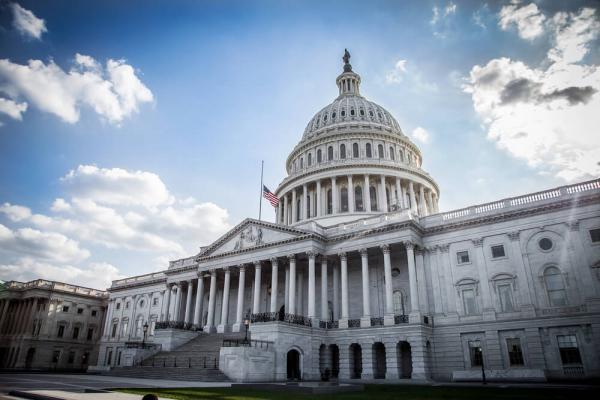Mar 26, 2019
VAWA expired back in February, leaving shelters and survivors worried about their futures. However, on March 7, Rep. Karen Bass (D-CA) and Rep. Brian Fitzpatrick (R-PA) introduced an expanded version of VAWA in the House. While it’s been introduced bipartisanly, it’s almost entirely supported by Democrats, who comprise 110 of its 111 co-sponsors. VAWA is reauthorized every five years and with each new reiteration has been expanded to offer new services for communities and individuals that are suffering. In the latest proposed legislation, many Republicans object to assisting two of the communities designated for special protections: Native Americans and transgender individuals.
Read the Full Article

Already a subscriber? Login
